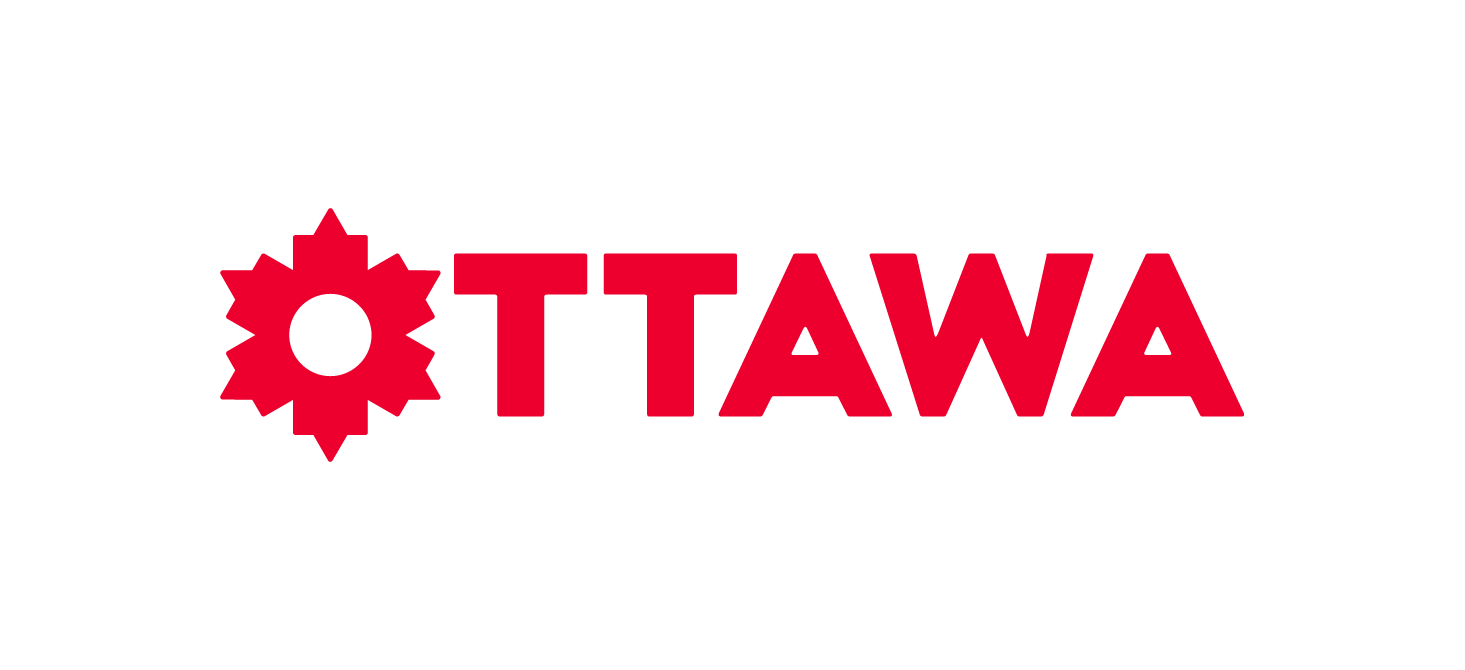
Ottawa Tourism championed Ottawa’s first Destination Stewardship Plan to define a shared vision for tourism’s role in community development. Through extensive public engagement and government support, the organization produced a roadmap that now guides internal priorities, secures new partnerships and positions tourism as a tool for long-term civic benefit.
Destination Challenge
Ottawa needed to define a cohesive and collective long-term vision for tourism and desired a method for public, private and not-for-profit organizations to work collaboratively toward that vision.
The Project
During the pandemic, Ottawa Tourism was fortunate to receive funding through Canada’s Tourism Relief Fund. That funding allowed us to develop Ottawa’s first-ever Destination Stewardship Plan (DSP) in collaboration with the community. The DSP, which is publicly available on our website, includes 30 actions across 4 pillars and outlines a vision for tourism in Ottawa that balances economic, environmental, and cultural prosperity for residents and visitors alike.
Through extensive community engagement, we gathered and synthesized more than 1,400 data points, hosting one-on-one conversations and focus groups with diverse stakeholders. The Plan outlines specific areas where tourism has a role to play in helping to make Ottawa a better place to live, work and visit. The Plan launched publicly in November 2022 and we are now working on implementation.
Results and Key Performance Indicators (KPIs)
The Destination Stewardship Plan has provided Ottawa Tourism with a roadmap for becoming a better community partner and ensuring that tourism contributes positively to the long-term development of Ottawa. A few results:
Developed a project governance model that has supported cross-departmental collaboration internally.
Created a new internal role to help oversee implementation of the plan.
Secured new partnerships and funding support for implementation projects.
Increased awareness of Ottawa Tourism’s new focus through more than 25 speaking engagements since the Plan’s launch.
Examples of early implementation projects include:
- Improvements to air access with new direct flights from Paris and London.
- The establishment of À la Carte, a coordinated food recovery program that redistributes surplus food from the hospitality industry to support members of the community facing food insecurity, and has impressively distributed over 160,000 meals in its first year alone.
- The addition of a sustainability page on our website, which publicly states Ottawa Tourism’s commitment to responsible travel and creating positive community benefits through tourism.
- An annual “scorecard” on the DSP that is posted publicly and tracks wins from the previous year and projects on the horizon.
Lessons Learned
The success of this, and any destination-wide strategic plan, lies in its implementation. When launching new strategies, it’s critical to build in resources and accountability measures that support the long-term work of change.
Actionable Advice
Plans are also only as good as they are in service to the community they intend to support. Engage stakeholders meaningfully and be ready to pivot based on their feedback. Begin with shared values and lead with listening.
Top Takeaways
Use the Destination Stewardship Plan as a community-building tool, not just a tourism strategy.
Commit to transparency and public accountability.
Let the community guide your tourism future.
Ottawa, Ontario, Canada
Ottawa is located between Toronto and Montreal and is Canada’s capital city.



